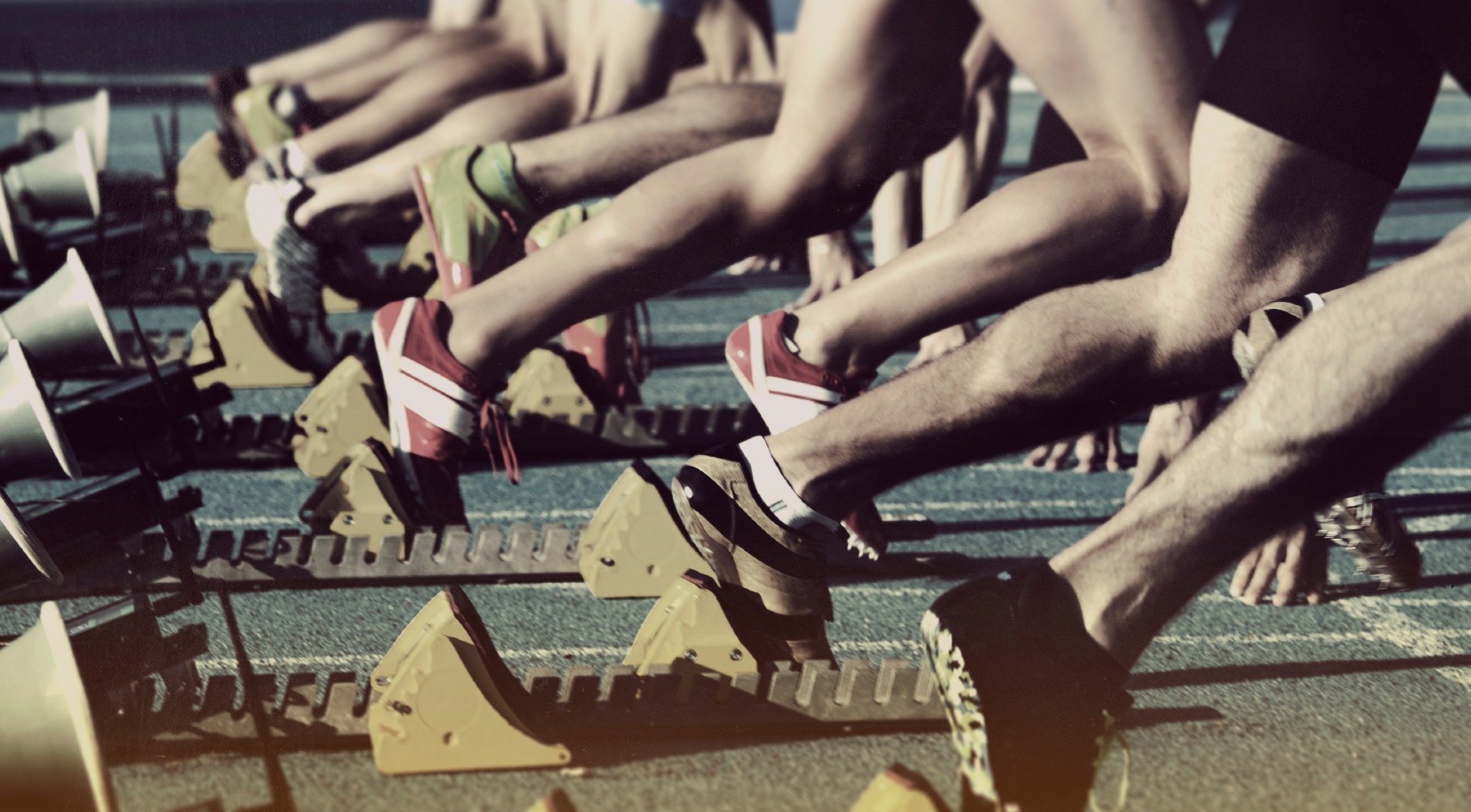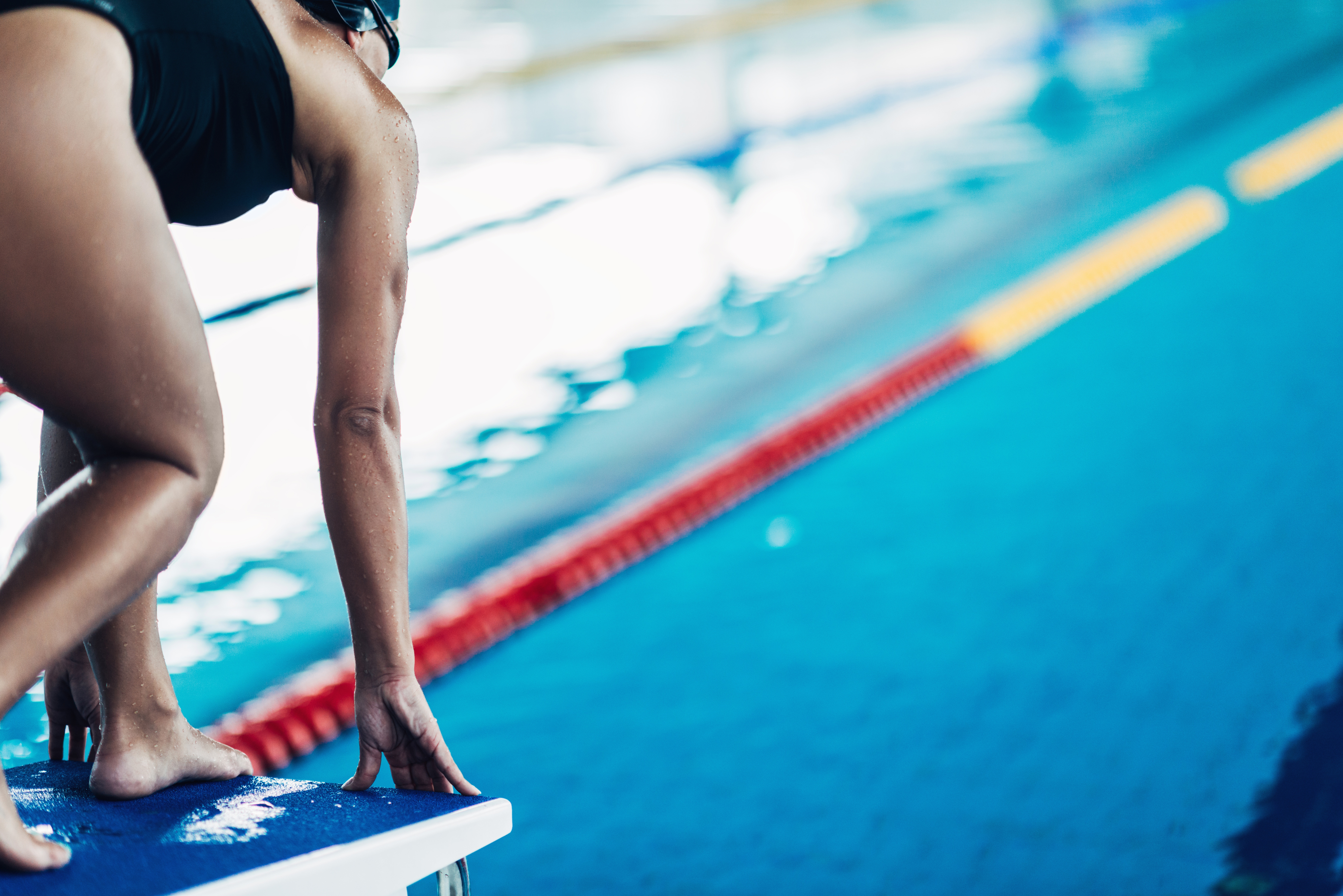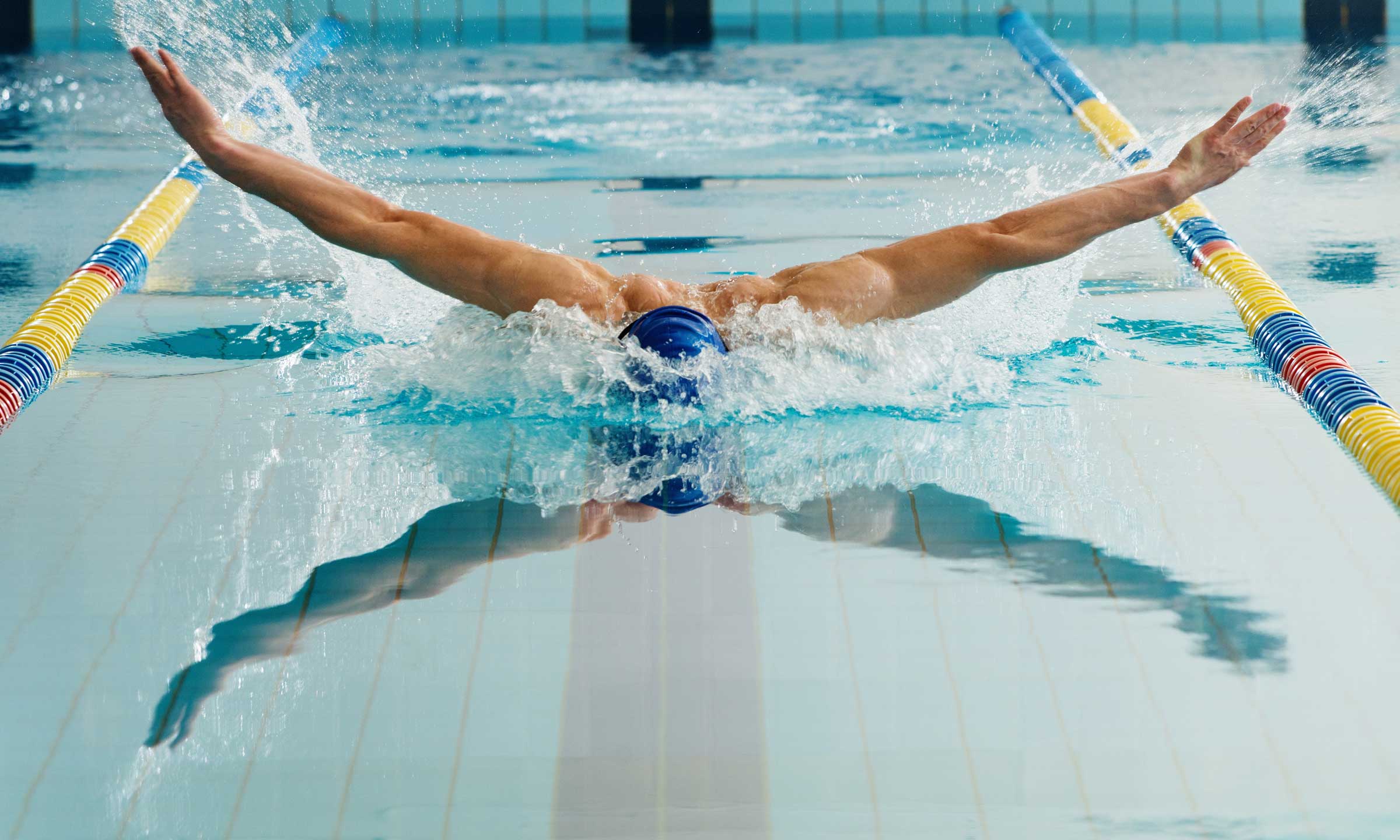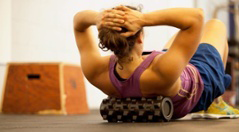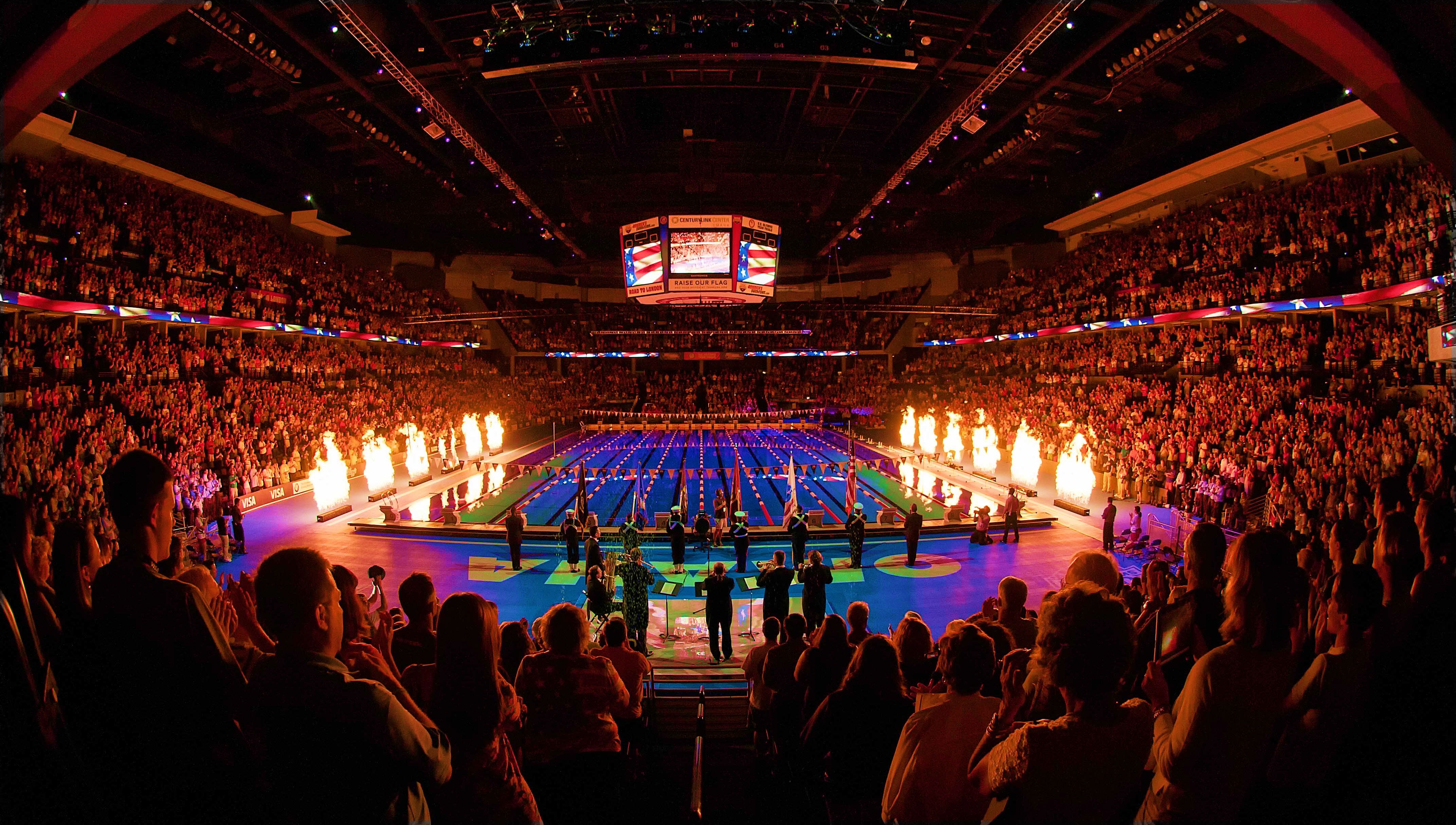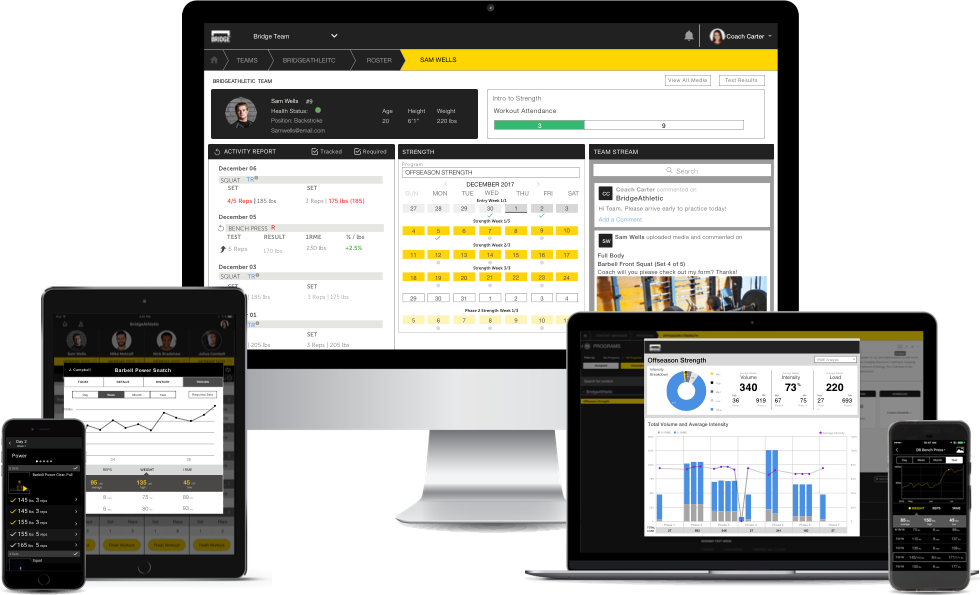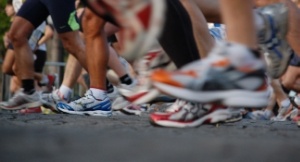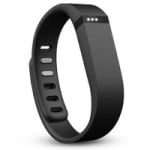Recent Posts
In-Season Strength and Conditioning to Build Speed and Power
By Megan Fischer-Colbrie on July 16, 2017
What happens in an elite training program as athletes move into the thick of their competition season? In short, it depends on the sport. From the golf swing to the first 15 yards of a sprint, explosiveness and acceleration are traits that can be perfected with proper training. Once athletes have a basic technical skill set, then they can begin to build strength and power.
Read More
Swimmers train differently depending on their stroke specialty and preferred distance. Butterflyers, backstrokers, breastrokers, and freestylers require unique dryland strength exercises much like how sprint, middle-distance, and distance athletes need variation among their workouts. While the general phases of strength training are the same across all swimmers, there should be particular movements within each workout that translate to the strokes and distances they swim most often.
Read MoreEndurance athletes face a unique dilemma during training and competitions. Their races are so long that their bodies can effectively burn through all their energy stores unless proper attention is given to fueling up before and even during competition. Not surprisingly, athletes can have trouble pairing a long, grueling race with eating and drinking. Let’s look at how you can replenish muscle glycogen stores and why pre-run fuel is essential to your performance.
Read MoreSwim Dryland Building Blocks: Butterfly Full Body Engagement
By Megan Fischer-Colbrie on August 10, 2016
The BridgeAthletic Building Block Series is a set of 5 exercises that can be performed by swimmers of all levels on the pool deck. This post will dive into butterfly-specific movement patterns that require full-body engagement and connectivity from toes to fingertips.
Read More
Recovery is one aspect of sports that separates the elite athletes from the rest. The best athletes dedicate time and attention to their recovery, not just in the minutes following competition or training but also in the other 20+ hours of the day. Proper recovery demands a multifaceted approach ranging from the passive components like sleep and stretching to active components of rehydration, refueling, and foam rolling. To be successful, you must treat your recovery with the same attitude as in training: set goals and be consistent. Let’s touch on the primary pillars of recovery that you’ll use to hit peak performance day after day.
Read More
Whether we're competing in front of 150 or 15,000 people, that’s not why we compete or what truly makes us nervous. Let’s turn our attention inward, to the swimmer’s mind in the moments preceding the big race, and discuss how to channel your energy in the right direction.
Read More
Coaches straddle two worlds when it comes to elite athletics—coaching the sport they love and managing the administrative tasks associated with being part of a greater athletic department. Communication within the athletic department can be far from easy. We’re here to help you navigate best practices in communication so you can set your sights on training, competition, and winning national titles.
Read MoreElite athletes have fantastic cardiovascular endurance. They can sustain cardiovascular exercise, such as swimming, running, cycling, etc, over an extended period of time. All too often, we refer to lung capacity as one of the primary drivers of cardiovascular fitness, when in reality, there are several larger factors that determine one’s endurance.
Read MoreWearable Fitness Technology: What You Should Be Measuring | BridgeAthletic
By Megan Fischer-Colbrie on April 09, 2015
Wearable fitness technology is fast becoming an integral component of elite athletics. BridgeAthletic created this guide to help coaches and athletes make a well-informed decision on the fitness tracker that will give them a leg up on the competition. When deciding upon relevant parameters to measure for elite athletes, consider which metrics most closely relate to performance. Accessory measurements like steps taken or calories burned are interesting to know, but they do not directly apply to an athlete’s performance in a game, race, or event. Heart rate and sleep monitoring should provide key information to coaches and athletes to help them train with more specificity and efficiency.
Read More
